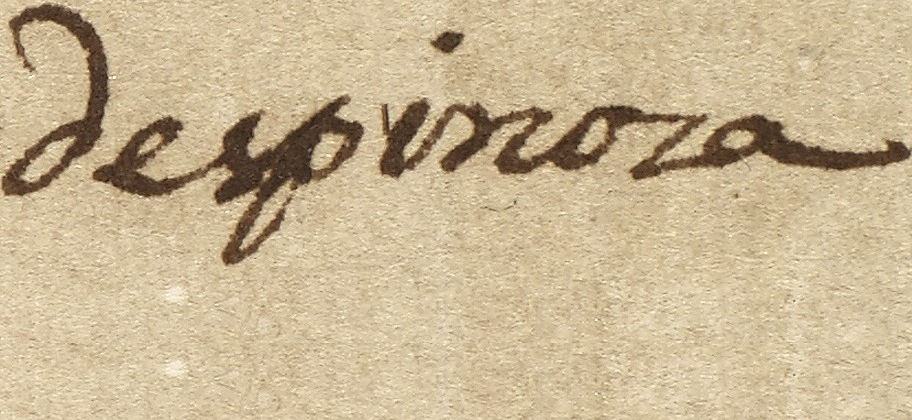In March 2021, I co-organised a conference titled "Spinoza's TTP: Politics, Power, and the Imagination". My co-organiser was Marie Wuth from The University of Aberdeen. Our conference marked the passing of the 350th anniversary of Spinoza's Tractatus Theologico-Politicus, and it was supported by the British Society for the History of Philosophy.
In 1670, Baruch Spinoza published the Tractatus Theologico-Politicus (TTP, or the Theological-Political Treatise) - anonymously, under a false imprint. The book set out to defend the freedom to philosophize in the Dutch Republic, but it did much more than that. Spinoza set out in a way never done before, to undertake a historical and philosophical analysis of the nature of religious belief and politics.
The rationale for our conference was to bring together leading and new scholars investigating the TTP. We were very fortunate to bring together researchers working from across Europe, North America, South America, Asia and Australia. This page is a collection of recordings from the conference presentations.
I hope you enjoy these recordings, as much as we enjoyed the conference.
Dan Taylor
Lecturer, Social and Political Thought, The Open University
An introduction by Dan Taylor
Antonio Salgado Borge:
“God or natura naturata?"
Emanuele Costa:
"Spinoza on prophecy and belief justification"
Jimena Solé:
"Truth, obedience and freedom in Spinoza's TTP"
A roundtable discussion:
Martin Saar and Mogens Laerke on democracy, public reasoning and the imagination
Yifan Song:
"The radicalization of action and social transformation: A Spinoza-Hess-Marx triangle"
Beth Lord:
"Hobbes and Spinoza on equality, equalization, and equilibrium"
Dimitris Vardoulakis:
"On the sources of Spinoza’s account of social formation"
Ahmad Bostani:
"Political philosophy and the imagination from Al-Farabi to Spinoza"
Matthieu Angevin:
"Spinoza against Hippocrates?"
Ki-myoung Kim:
"What would the institution of the universal faith in democracy look like?"
Gil Morejón:
"Imaginary authority and critical immanence: Spinoza’s critique of miracles"
Steph Marston:
"Recognition-rebellion-freedom: emergent identities in Spinoza’s political philosophy"
Nicolas Lema Habash:
"Spinoza’s political exception? The problem of sovereign interruption in the TTP"
Marie Wuth:
"Daily invectives: The state of bitter hate in Spinoza's TTP"
Hasana Sharp:
"'I dare not mutter a word': Truth, lies, and political violence in Spinoza"




Rate and Review
Rate this video
Review this video
Log into OpenLearn to leave reviews and join in the conversation.
Video reviews